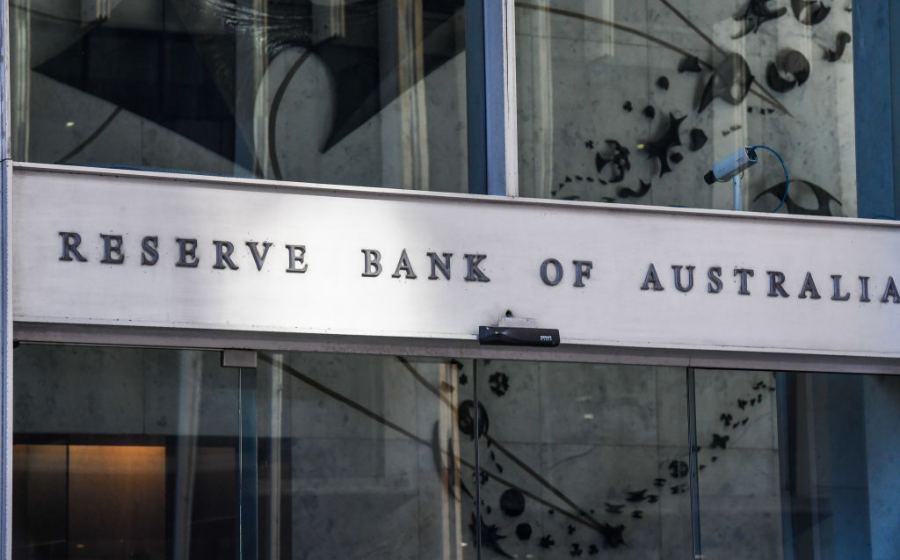The Reserve Bank of Australia faces its most challenging interest rate decision on Tuesday since it began raising borrowing costs last May, with economists divided on whether a record 11th consecutive hike or a pause will result.
The RBA’s board will release its verdict at 2.30pm AEST. The ANZ and NAB predict the central bank will raise its cash rate another 25 basis points to 3.85%, as do nine other economists surveyed by Bloomberg News.
Australia’s soaring interest rates have trapped ‘mortgage prisoners’ into crushing repayments
By contrast, 16 economists, including those at CBA and Westpac, predict the RBA will pause, leaving the rate at 3.6%. Since May, the bank has lifted the rate by 350 basis points – the fastest increase since the early 1990s.
Another 25 basis point rise would lift monthly repayments on a typical $500,000 mortgage by about $78. All up, the monthly increases over the past 11 months would exceed $1,000 for such borrowers, according to RateCity.
The RBA governor, Philip Lowe, last month flagged the possibility of a rates pause depending on how the data played out. The figures since have been mixed, with surprisingly strong labour market figures for February and then weaker-than-expected inflation numbers for the month.
Investors have been betting on a pre-Easter RBA rates pause since the recent failure of several banks in the US and the forced takeover of Credit Suisse by its Swiss rival UBS.
Economists such as Judo Bank’s Warren Hogan note that major central banks such as the US Federal Reserve and the Bank of England have pushed through rate increases amid the financial turmoil of bank collapses. The National Bank of Switzerland even pushed through a 50 basis point increase in rates despite dealing with the equivalent of a takeover of NAB and ANZ combined, Hogan said.
The RBA “is the most dovish central bank in the world”, he said.
Hogan predicts the RBA will lift the cash rate by another 25 basis points on Tuesday and may have another two rate increases to come to prevent inflation becoming entrenched well above its 2% to 3% target over the medium term.
He said the Australian Council of Trade Union’s call for a 7% increase in wages for the lowest paid employees gaining some indication of government support means the RBA “will have a hell of a time” getting inflation out of the economy.
The latest job vacancy figures, with openings for more than 438,000 jobs as of February, were slightly lower than November’s tally but “was still almost twice the long-term trend”, Hogan said.



